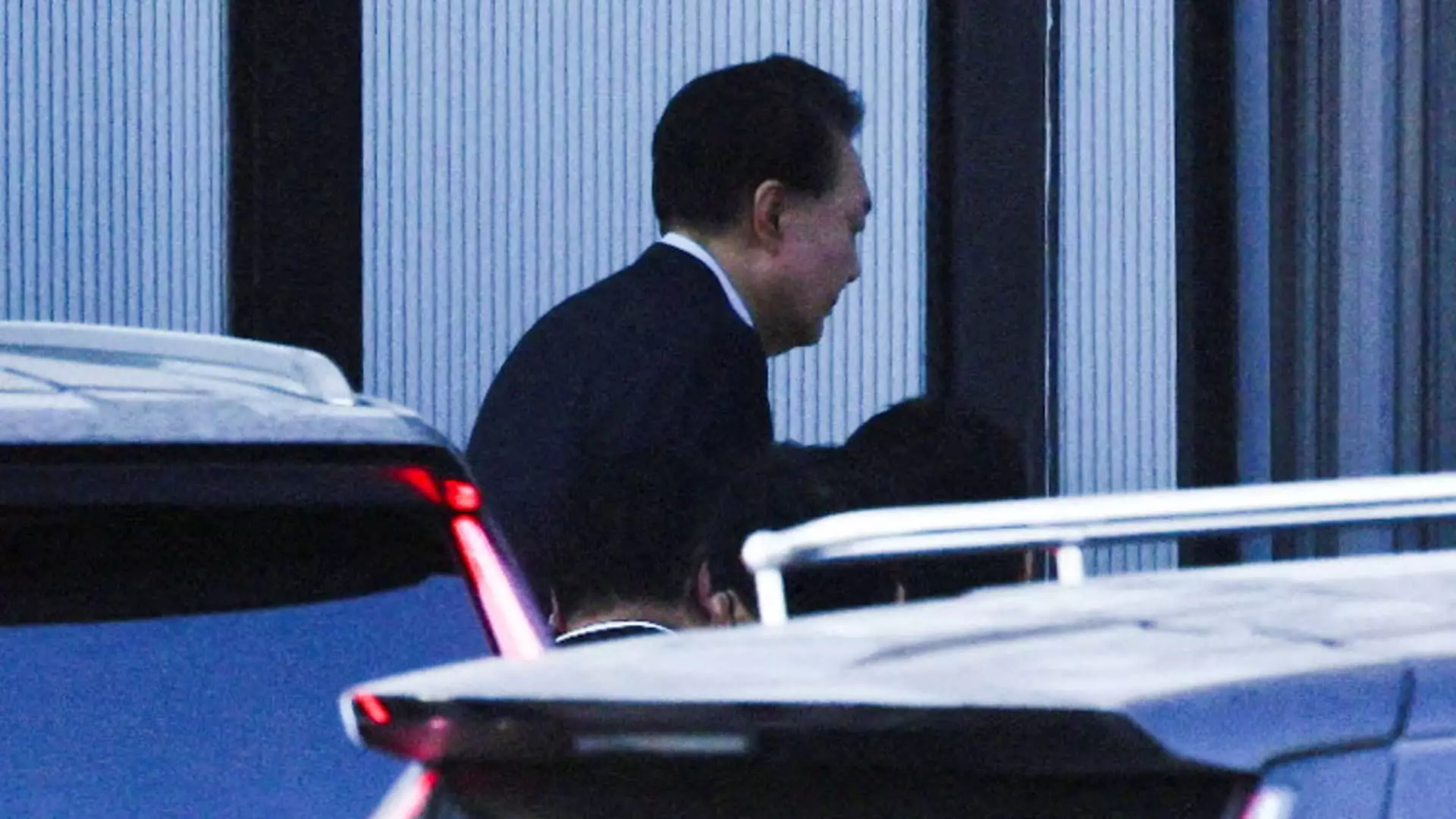The political landscape in South Korea has been marred by controversy as Yoon Suk Yeol, once a symbol of presidential authority, finds himself entangled in a legal quagmire. His arrest marks a watershed moment in South Korean history, making him the first sitting president to be apprehended on criminal charges, particularly those associated with alleged insurrection. This unprecedented event stems from his brief declaration of martial law on December 3, an act that has drawn the scrutiny of investigators.
On a critical Saturday, Yoon’s legal fate took center stage during a nearly five-hour court hearing at the Seoul Western District Court. The core issue at hand was a request by investigators to extend his detention for an additional 20 days. Yoon, who has consistently refused to cooperate with investigations, has been kept at the Seoul Detention Centre since his arrest. During the court proceedings, it was reported that Yoon took the opportunity to speak, providing a 40-minute defense in an attempt to clarify his actions. His lawyer, Yoon Kab-keun, indicated that the president was keen on restoring his reputation by underscoring the legality of his earlier declarations.
Outside the courtroom, a significant show of support for Yoon indicated that public opinion remains deeply divided. As Yoon was escorted by a convoy of vehicles and police, a crowd of his supporters gathered, demonstrating their allegiance despite the legal challenges he faces. Chants of “release the president” echoed through the streets, showcasing the fervor of his backers. The scene was both chaotic and heartfelt, as many supporters were blocked by police barricades, and some attempted to breach them, resulting in multiple arrests. These events underscore the tumultuous nature of South Korea’s current political climate, where loyalty and dissent collide dramatically.
The charges of insurrection against Yoon carry significant weight in South Korea, a nation where the legal framework surrounding a president’s immunity is starkly defined. In fact, insurrection is one of the few offenses for which current presidents are not shielded. This stark reality places Yoon’s legacy on precarious ground, as these revelations unfold amid a backdrop of public unrest and political division. Furthermore, the investigation’s implications extend beyond individual accountability and raise questions about the stability of the nation’s governance.
As Yoon awaits the court’s decision, expected shortly after the hearing, the broader ramifications of this legal battle continue to loom large over South Korea. Elements of political maneuvering, public sentiment, and judicial oversight are all in play, presenting a complex scenario that will likely shape the nation’s political future. For Yoon Suk Yeol, the immediate focus lies in countering the allegations against him and attempting to navigate a path back to both political legitimacy and personal vindication. The outcome of this case may very well redefine the boundaries of presidential power and accountability in South Korea for years to come.


Leave a Reply